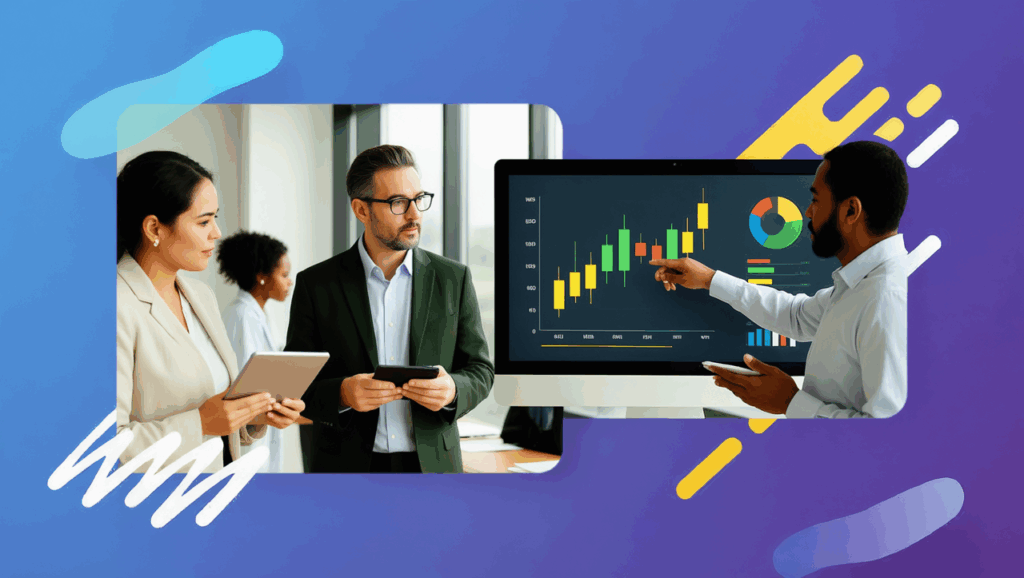When developing software for non-accounting purposes, accounting functionality likely isn’t ever top of mind. You could be building software to help salespeople close more deals, general contractors manage construction jobs, allow importers to easily navigate complex requirements or a million other things that don’t have anything to do with accounting.
Further, every time you’ve caught a glimpse of the ancient, monolithic, rigid ERP at your organization, you haven’t exactly been keen on learning more. Accounting systems are traditionally so tough to deal with that the only people using them are accountants and nobody else wants to touch them. This is unfortunate because accounting is a great way to track anything financial.
But what if it was easier to use accounting systems and connect them to other applications? What if non-accountants spent more (or any) time using accounting systems? Would some unexpected benefits arise?
Here are some use cases for accounting systems that might not be intuitive:
- Property Management Software – Ledger back-end for property management software providers, tracking invoicing, rent collection, and expenses for customers’ properties.
- Core Banking – A flexible ledger microservice for digital banks that are building out their own infrastructure. We can help you launch your bank faster and scale as you grow.
- General Ledger for Distributed Systems: While there are many benefits to decentralization, as has been shown by Bitcoin and other blockchain-based projects, immutable ledgers have their drawbacks. Certain additional information needs to be associated with transactions to make the data useful. This is where an easily connectable general ledger can help.
- Accounting Software Add-On – An accounting system that’s fully programmable via API provides an easy option to offer accounting functionality to a software provider’s users. This can serve customers ranging from small businesses, all the way up to large enterprises, in virtually any industry.
- Launching New Financial Products – Enterprises preparing to launch new services or products often need to develop software. Invariably, any financial products require some accounting and reporting functions, even if they’re secondary to the core product. A simple accounting microservice easily plugs into the software product’s architecture to provide that critical component.
These are just some examples we’ve seen so far. There are many more ways you can use accounting in conjunction with non-accounting solutions. The earlier you incorporate more accounting functionality into software development, the quicker software providers will be able to get to market and the more visibility their customers will have in their own businesses. Plus, there will certainly be some other benefits we don’t even know about yet.



